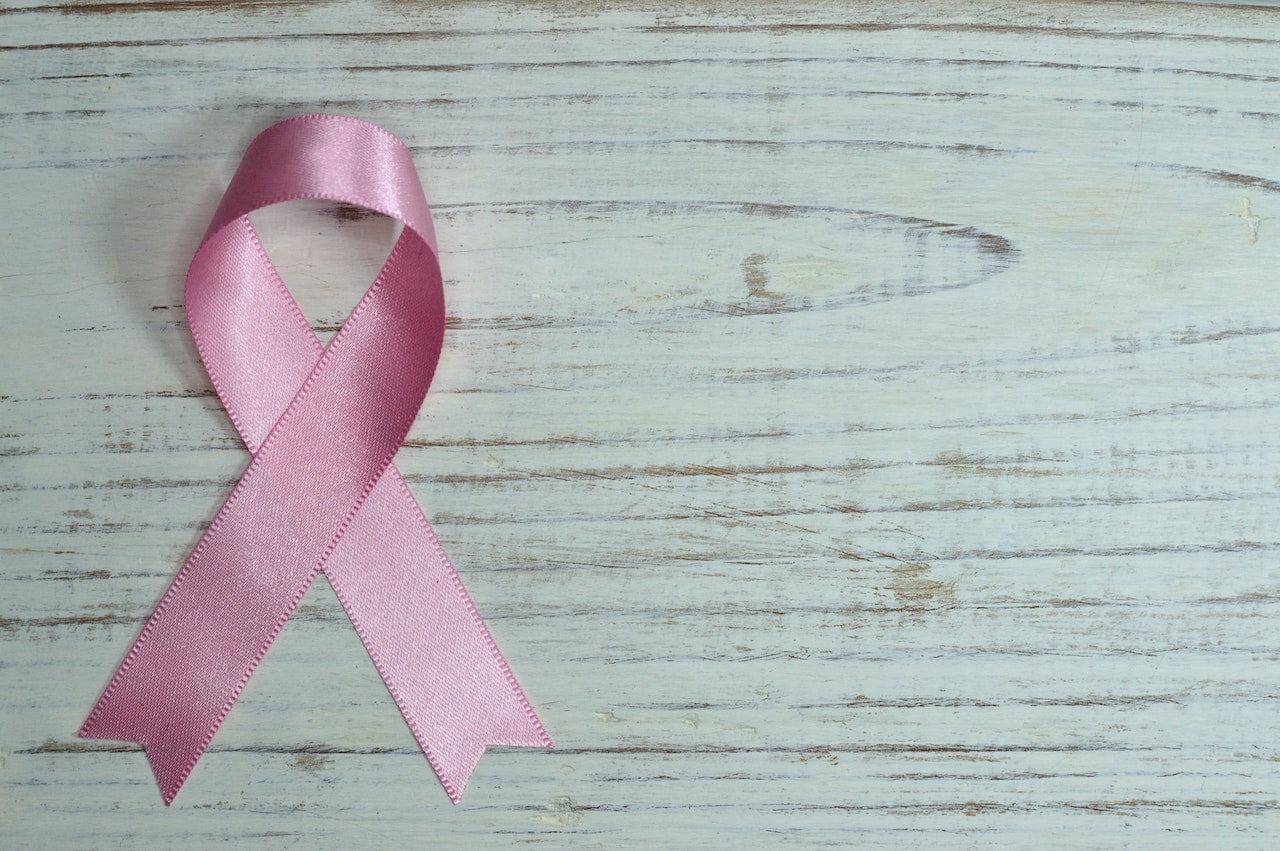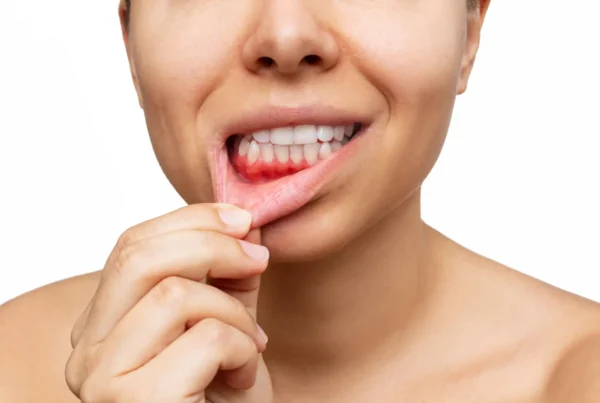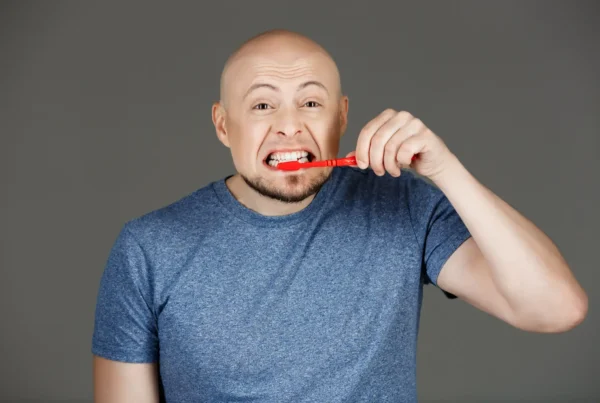Chemotherapy, one of the main forms of cancer treatment, can have a significant impact on the mouth and salivary glands. Its side effects may lead to difficulties in basic functions such as speaking, eating, swallowing, and chewing. Below, you will find detailed information about the relationship between chemotherapy and oral health, along with tips on how to care for your teeth during cancer treatment.
Dental visit before starting chemotherapy
The role of a dentist before, during, and after chemotherapy is crucial. The oncologist provides the dentist with detailed information about the patient’s current health condition, the type of cancer, and the treatment protocol.
Proper oral hygiene both before and after treatment helps prevent or reduce side effects. A dental appointment should take place at least one month before starting therapy to ensure all infections are treated.
How chemotherapy affects the oral cavity
During chemotherapy, dental treatments are generally not recommended. Procedures like tooth extraction or invasive interventions can increase the risk of infection and should be postponed. However, if dental treatment becomes necessary, the dentist must be aware of the patient’s level of immunosuppression.
Throughout chemotherapy, oral hygiene must be maintained at a high standard. Foods that promote tooth decay, such as sweets, should be avoided. Below is a list of common oral complications related to cancer therapy.
Oral complications during chemotherapy
The most common oral issues during chemotherapy are periodontal disease and mucositis. Mucositis usually develops a few days after starting high-dose therapy and may subside a few weeks after the treatment ends. This inflammation may be caused by certain drugs such as bleomycin, doxorubicin, or methotrexate. Other potential side effects include:
- Tooth decay
- Trismus (jaw tightness)
- Altered taste
- Burning tongue
- Thickened saliva
- Chewing difficulties
- Swallowing difficulties
- Gingivitis
- Bleeding gums
- Tooth discoloration
- Tooth or root loss
- Shortened tooth roots
- Mouth ulcers
- Increased risk of cavities
Xerostomia in cancer patients
A common oral condition in cancer patients is xerostomia, or chronic dry mouth. The mucous membrane cannot function properly without adequate moisture. Saliva plays a crucial role in protecting against bacteria and tooth decay. When its production is reduced, problems such as ulcers, burning sensations, cavities, and fungal infections can occur. To prevent these, use rinses with chlorhexidine or benzydamine, or homemade solutions of baking soda, salt, or saline. If you use a manual toothbrush, replace it more frequently than the manufacturer recommends.
Oral care during chemotherapy
Follow these tips if you’re undergoing chemotherapy and want to protect your oral health:
- Brush your teeth gently at least twice a day using a soft-bristled toothbrush.
- Hold the toothbrush at an angle toward the gumline.
- Rinse your mouth with a solution of water, salt, and baking soda.
- Use fluoride toothpaste.
- Avoid alcohol-based mouthwashes.
- Clean interdental spaces using dental floss or an irrigator.
- Don’t forget to clean your tongue to remove bacteria that cause bad breath.
Nutrition tips during chemotherapy
A proper diet is just as important as hygiene. During chemotherapy:
- Suck on ice chips if you feel a burning sensation.
- Avoid foods high in sugar.
- Eliminate alcohol and tobacco products.
- Choose soft and easy-to-swallow foods.
- Include vitamin- and mineral-rich foods in your daily meals.






